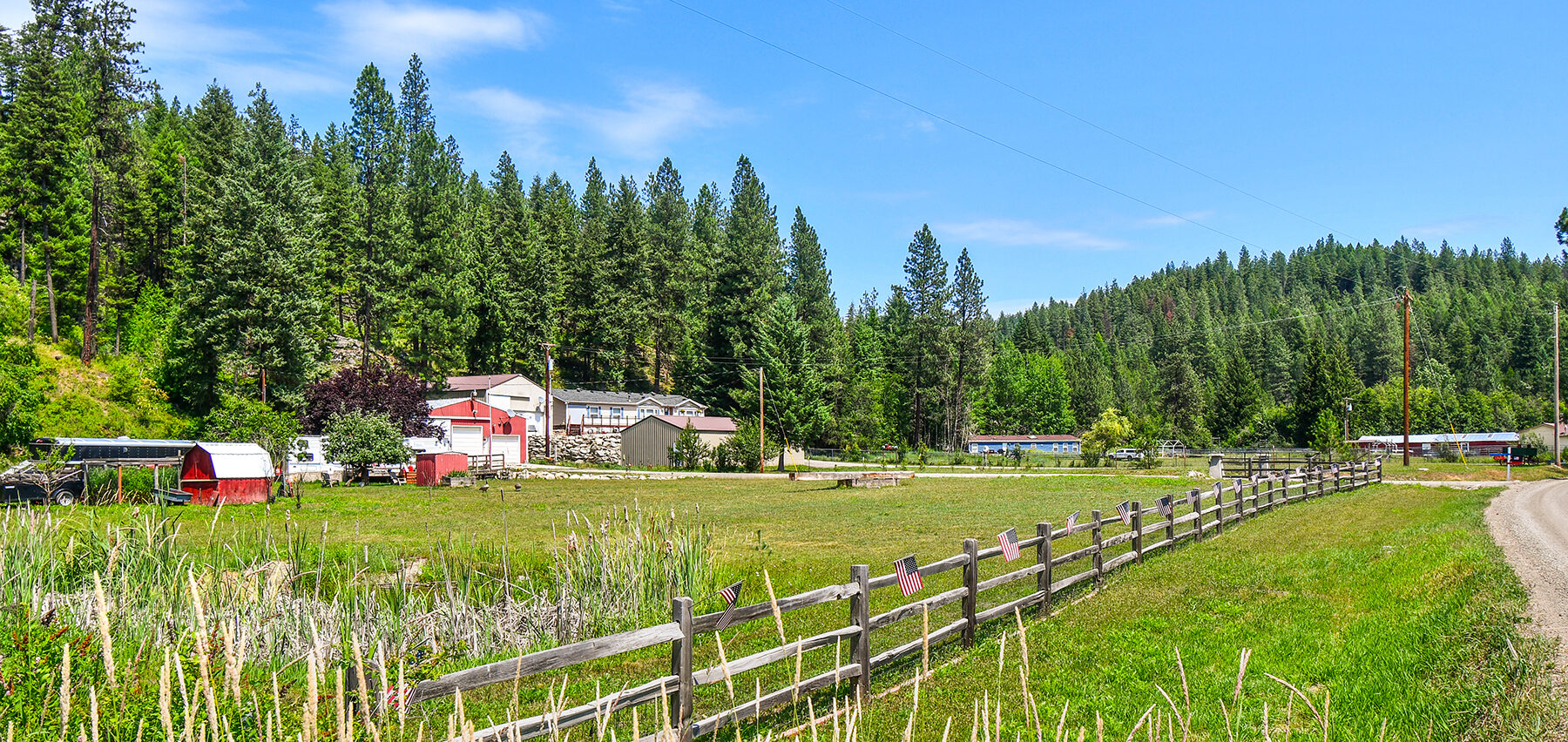
Summer 2023
Harnessing the Power of Nature to Address Climate Change

With massive floods and fires, droughts and hurricanes, Nature is often highlighted as the victim of climate change. But it is, in fact, perhaps our greatest champion to help remediate climate change.
Unlike other sources of CO2 emissions (forest loss and degradation alone is the second largest source of anthropogenic CO2 emissions), our natural systems are also key solutions. It’s the one emissions sector that has the capacity to reverse human-caused emissions, not only within the sector, but encompassing other emissions as well.
Conserving and restoring forests—especially older, more natural forests—reestablishing riparian forests and vegetation, increasing soil carbon, and restoring wetlands are amongst the most immediate, low-cost, and scalable solutions we have in the climate crisis. And these are proven sequestration technologies, unlike many proposals that will take years to develop and roll out at scale. But what might this look like? Can we set targets for transforming this whole sector to be a climate solution, not a problem, the way we do for the energy or transportation sectors?
With this question in mind, California is examining options to help meet its climate goals by taking a fresh look at what can be achieved through new approaches for our working and natural lands. This will be a first 5in the nation effort to establish such targets for the natural and working lands sector. Called for by a law passed in 2022 (AB 1757, the California Global Warming Solutions Act), the state has convened a group of expert advisors to recommend how we might more effectively leverage Nature’s innate capacities to heal itself to re-establish a safer climate. The goal is to identify and recommend targets and approaches in natural solutions to the climate crisis which can be implemented at scale in the near term, one with a proven track record of improving both net carbon sequestration and overall system climate resilience—targeting both mitigation and adaptation outcomes.
The Expert Advisory Council (EAC), drawn from academia, practitioners, front-line community and tribal backgrounds, among others, is due to make its initial report and recommendations in October for the target setting portion of its work. PFT’s President, Laurie Wayburn, was named Chair of the EAC. In 2024, the EAC will also consider how the Air Resources Board’s Scoping Plan estimates might better quantify carbon outcomes in any given year due to specific actions in specific geographies and natural systems.
More in this Issue of ForestLife
- President’s Letter: Aren’t we there yet?
- Managing for Climate Resilience on Mount Ashland Demonstration Forest
- Saving the Source: Conserving 11,000 acres of the Trinity River Headwaters
- Donor Profile: Barbara and Mark Daugherty
- Beyond the Trees: Our New Award-Winning Film
- Celebrating 30 Years and Forest Wildlife: Forest Fete 2023
